Festivals are an important tool to bring all people together even if they reside in different places. Festivals also lead to interaction among people from diverse religions. A Festival is a good model for making people happy and fills our lives with colors and joys. There is no word to explain the importance of festivals; these play an essential part of life and must be cherished to the best by every individual. Festival also helps develop good relationships and promotes interaction among people. Happiness would be shared between humans due to the festival.
Festivals are a great way to explore a country. They offer you an opportunity to experience different cultures and traditions, as well as meet people from around the world. Festivals are one of the best ways to experience the culture and local flavors that a community has to offer. Festivals are also very good for your mental health because they can help relieve stress and anxiety.
Attending a cultural festival is a great way to experience a taste of culture without needing to travel abroad. If you come prepared, it can be a wonderful family adventure that will spark interest in other cultures and pave the way toward the understanding of other people groups. Festivals play an important role in the cultural development of an individual as well as provide us with healthy rejuvenation.
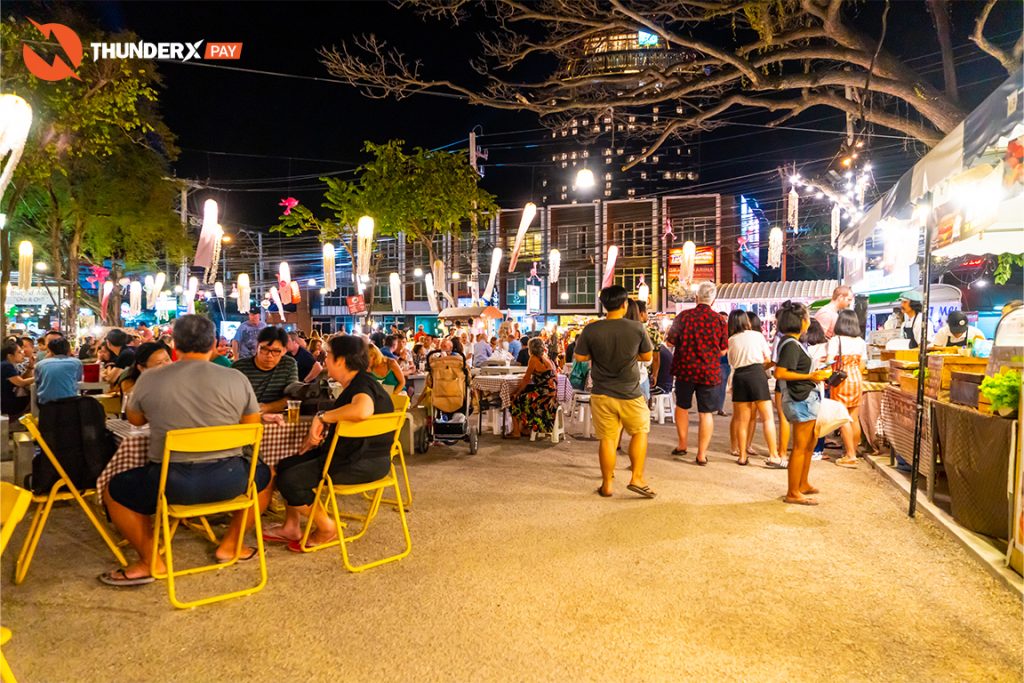
Festivals and economic impact
By definition, festivals attract visitors. And visitors spend money, which boosts the local economy both on and off the festival site. On-site spending includes admission fees, parking fees, food, beverage, and souvenir sales. Festivals also provide free marketing and advertising for local businesses as visitors talk about their fun experiences when they go back home. If visitors post comments and photos about their experiences on Facebook or other social media, so much the better. The economic benefits of successful festivals ripple throughout a local economy — affecting tourism and non-tourism-related businesses alike.
Top Five Festivals around the World
There are the top 5 most interesting festivals around the world ranked by Falstaff which are Carnival in Brazil, Songkran in Thailand, Obon in Japan, Semana Santa in Spain, and Holi in India.
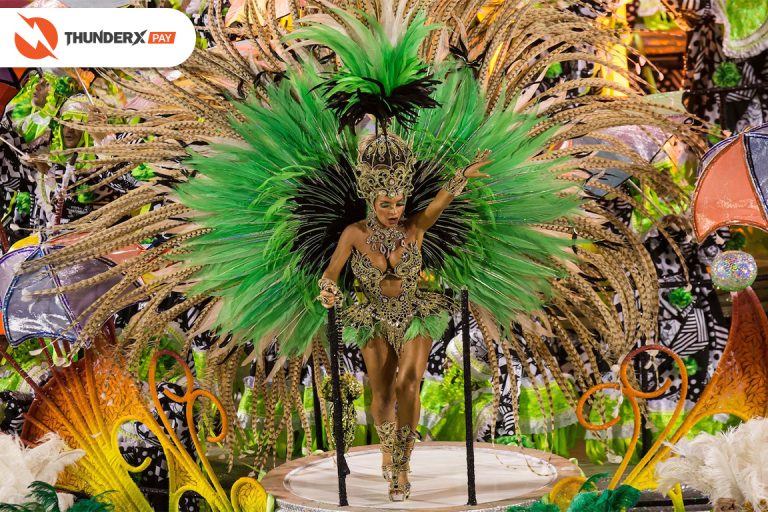
1. Carnival in Brazil – the Carnival is considered “the greatest show on earth” which attracts around 5 million people annually. The Brazil festival takes place in February or March and there is a non-stop extravaganza of drums, dance, and debauchery.
Carnival is celebrated in many countries, but nobody can beat Rio de Janeiro. Three words summarize exactly this Brazilian celebration: colorful, extraordinary, and lively. There are annual themes for the competition, and the carnival parades are usually the stuff of legend.
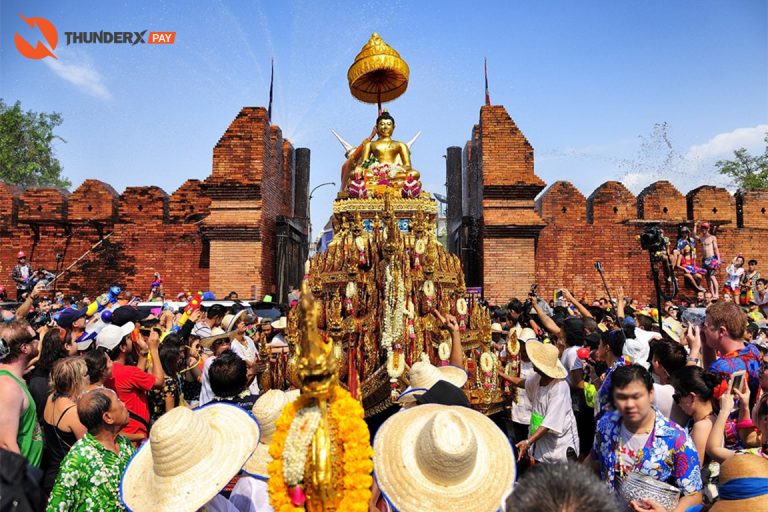
2. Songkran in Thailand – Songkran is Thailand’s most famous festival, and this water festival marks the beginning of the traditional Thai New Year. Over the years, the emphasis of the festival has shifted from a spiritual and religious meaning to enjoyment. The famous festival becomes a huge water fight, taking place in April, which happens to be Thailand’s hottest month of the year.

3. Obon in Japan – Obon is a great way to have a fantastic time with others while tangibly engaging with local customs. Obon is held from 13-15 of either July or August, depending on the region.
During Obon, guiding the spirits of the dead back to their homes is essential. Family members hang lanterns in front of their homes and make offerings at the household altar. At the end of the festival, the lanterns are released into the nearest body of water with the hope that the spirits can return to their world.

4. Semana Santa in Spain – The Spanish annual festival that can literally be translated as “Holy Week”. The most renowned and liveliest Semana Santa celebrations are in Andalucia. Rooted in the Christian tradition, the mood of the processions changes over the week. The most colorful and joyous processions take place on Easter Sunday.
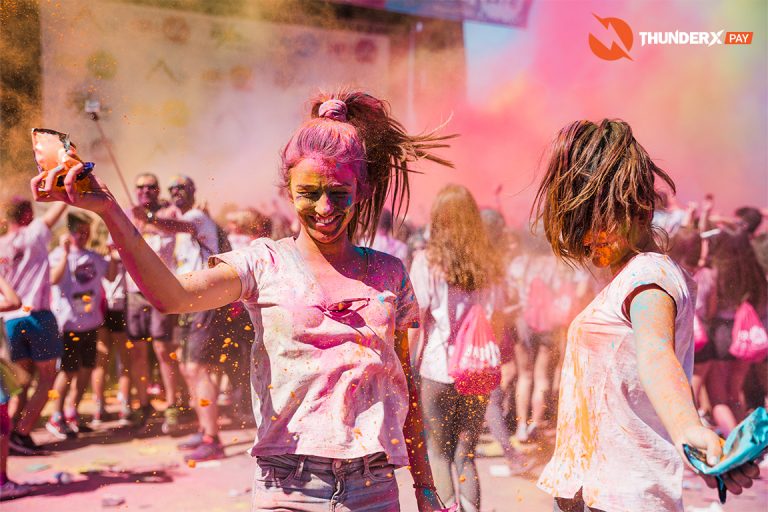
5. Holi in India – Known as one of the biggest religious festivals around the world, the Holi festival is a springtime celebration of all things good prevailing over evil. It also marks the end of winter and the anticipatory celebration of the abundance of the upcoming harvest season.
On the day of Holi, the entire streets and towns turn beautifully red, green, and yellow as people throw colored powder into the air and splash them on others. Red means love and fertility while green stands for new beginnings. People celebrate by having large bonfires, singing, and dancing on the eve of the festival.
Not only the traditional festivals are enabled to generate each country’s economy but also the music festivals, e.g. Coachella taking place in Califonia, U.S.A. Coachella Valley Music and Arts Festival showcases popular and established musical artists as well as emerging artists and reunited groups. Music festivals also have a profound financial effect on local economies. Event producers, advertising sponsors, and booking agents have successfully monetized every aspect of the “festival experience,” from the actual ticket to the branded festival grounds themselves.
According to a study conducted by Development Management Group, Inc., about the Coachella Valley Music and Arts Festival, (with 540,000 attendees flocking to the area in 2021), the three-day weekend concerts brought around $600 million to the local economy. Another study by the Oak View Group, and cited by the Desert Sun paper termed the economic impact to be around $200 million with hundreds of new jobs and a $32 million annual economic impact.

According to an estimate published by an event website, the cancellation of this event in 2020 brought a $700M hit to the local economy.
A case study from Songkran Festival
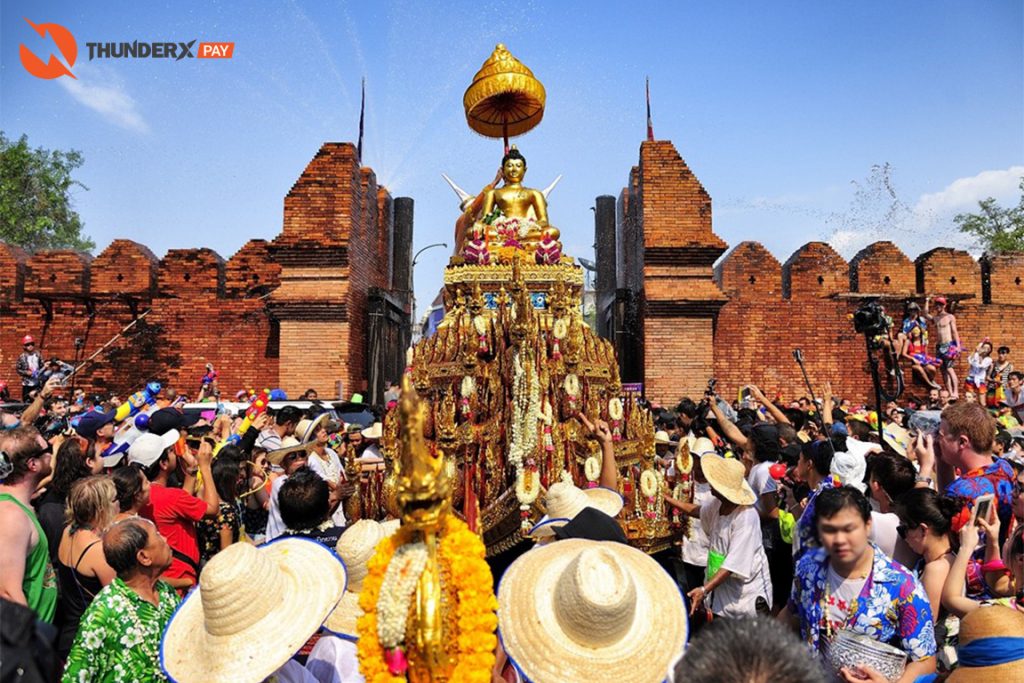
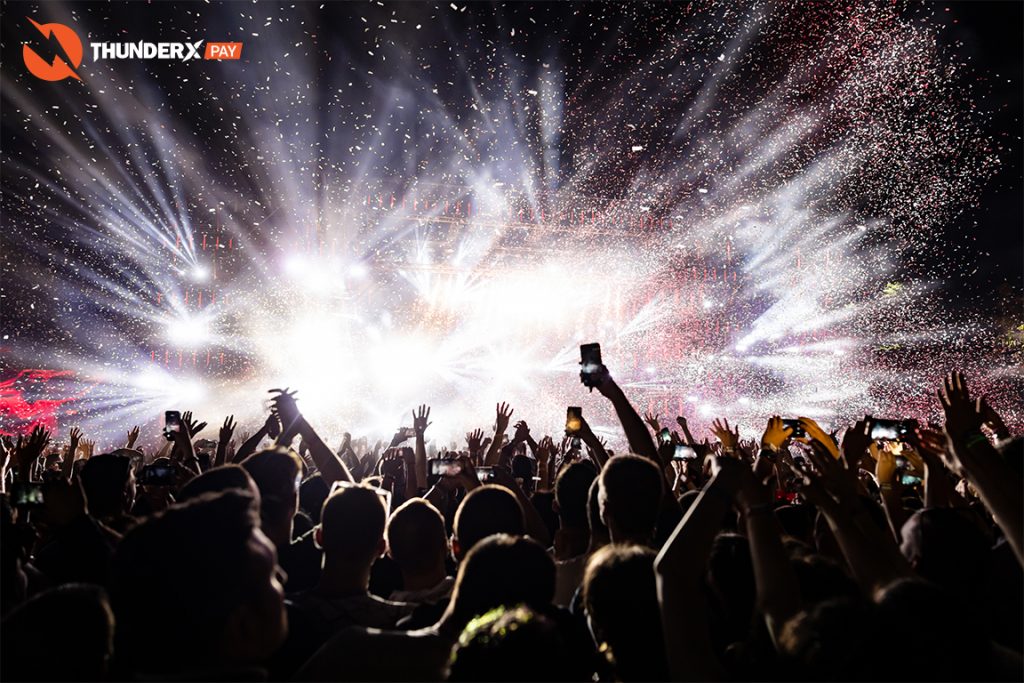
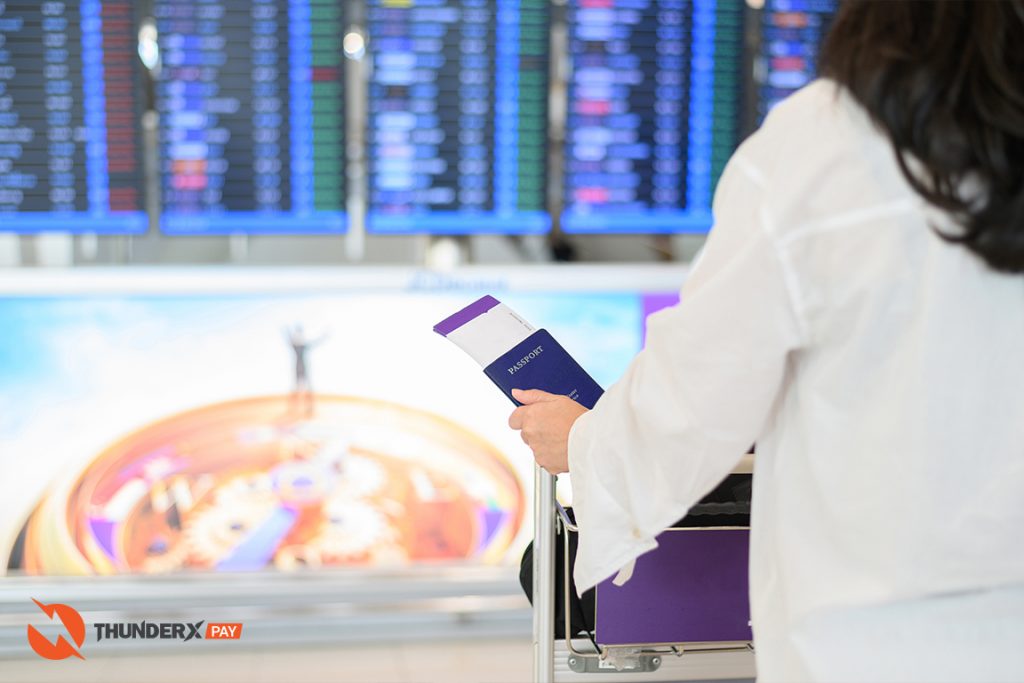
Songkran is the traditional Thai New Year festival since the former time. It is a celebration that embraces goodwill, love, and compassion. and thankfulness, using water as the means of expression. Thailand isn’t the only place to celebrate the water festival, Myanmar, Laos, and Vietnam all ring in the New Year which just happens to be the hottest time of the year. The Thai government has declared the Songkran festival as an extended public holiday to enable the people to return to their hometowns for family reunions, merit-making, and reuniting with others in their community.
Festival Economy will be a tool to attract travelers with high purchasing power, who are passionate about foreign culture and seeking a new kind of experience, to visit and enhance the economy of cities and local communities through the festivals. The economics of Songkran is significant because it is one of the peak spending seasons for local and international consumers across Thailand. Many Thais take leisure trips or reunite with their families during the week-long break. A large number of international tourists also choose to come to Thailand to participate in the water-splashing festival.
The economics of Songkran is significant because it is one of the peak spending seasons for local and international consumers across Thailand. Not only this, The hotels and the restaurants also earn a very significant amount. The business is enhanced for hotels, restaurants, and tour operators. This indirectly influences the local economy of the country. This is for such reason the local government of the country has shown its interest in uplifting the tourism sector of country.
Published 24/10/2022
By Ashley Jones

